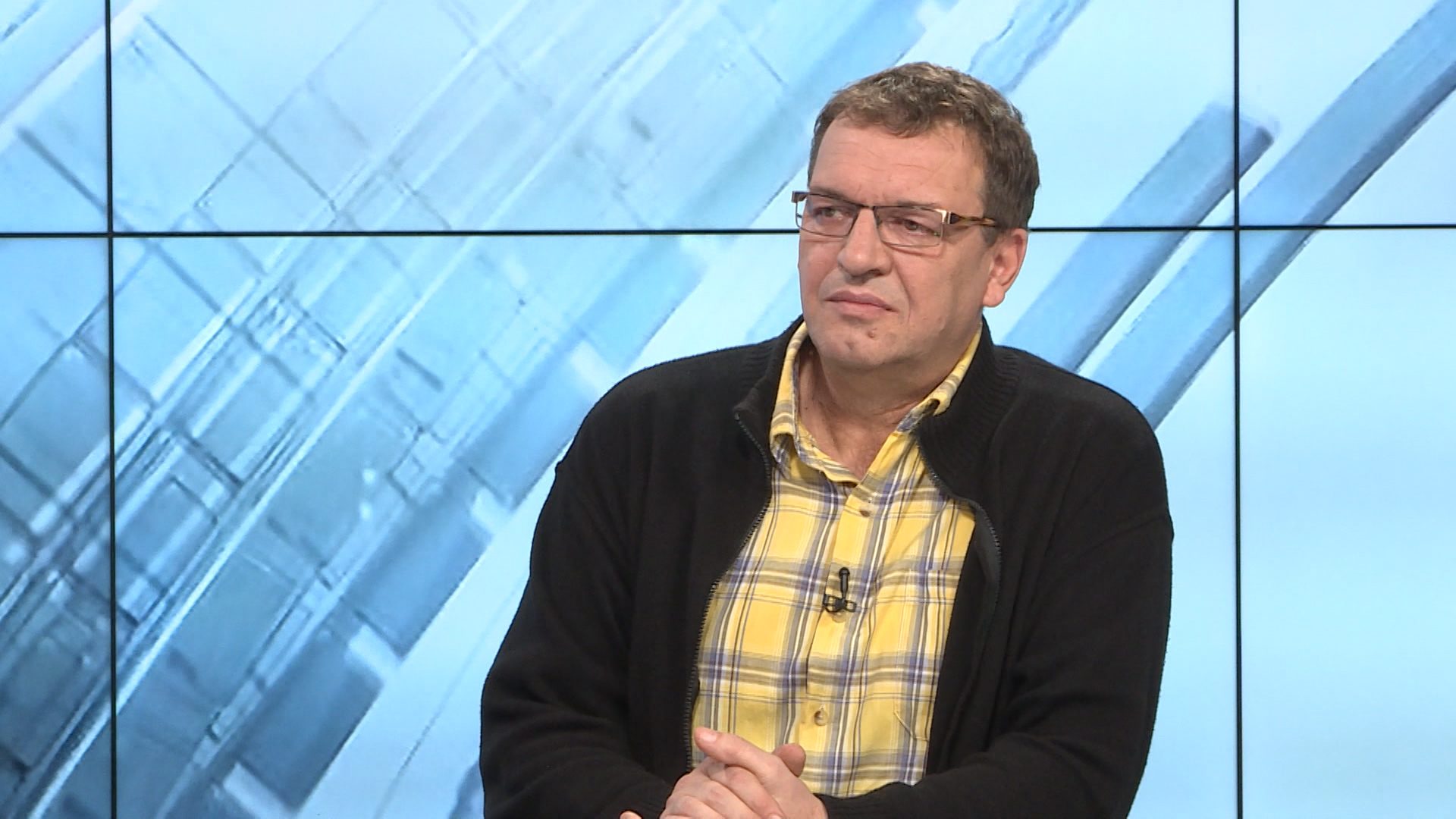
“The greatest challenge that journalists face is the persistence of doing and publishing a story regardless of possible consequences,” says Amarildo Gutić – a journalist working for the online magazine Žurnal. He reminds that journalists in Bosnia and Herzegovina are faced with a number of problems and challenges as part of their work, such as political and financial pressures.
Bosnia and Herzegovina (BiH) has quality laws regulating the field of media, however, the legal protection of the journalists is still inadequate. From 2012 to the end of 2018, 121 criminal cases against journalists were reported. These reports included one attempted murder, a significant number of physical attacks, death threats, and property damage. Only eight out of 121 cases were resolved in the journalists’ favor according to data from the Association of BH Journalists.
BiH journalists are faced with a number of problems and challenges as a result of their work; political and financial pressures are the most significant. However, regardless of the harsh working conditions, journalist Amarildo Gutić believes that change is possible and that the greatest reward for a journalist is when his or her work has an impact on the public.
Only with a good story and perseverance can a journalist’s research reach the masses. Gutić explains that the greatest challenges regarding his work are maintaining the perseverance to finish a story and, “Publishing it regardless of the possible consequences and pressures that you, and the editorial staff, will be exposed to as well as to continue working at the same pace.”
In the era of the Internet, digitization, and speed of information transfer, only a few media houses choose to deal with serious research stories that require time and persistence. An additional problem is the commercialization of media, which makes searching for truth rather peripheral.
Gutić emphasizes that the online magazine Žurnal and other portals who are part of the Anti-Corruption Network of Civil Society Organizations “ACCOUNT” are setting the example for media that advocate for truth as a prioritized value.
“There are, indeed, a large number of people who understand what we are writing about and have meaningful comments. Then you realize that this is the frustrated portion of the electorate who may not even be voting in the elections. There is also a part of the readership that approaches topics like fans would, meaning they don’t like anything that is written against their favorite ‘team’, but anything in support of that team is welcomed,” says the research journalist.
Today, media are also often subject to defamation lawsuits from the individuals or institutions they report on. Gutić explains that even the judiciary has become a service to these institutions and political elites.
“I could provide a number of different examples, such as the lawsuit filed by a “respectable” businessman who does not submit a single document or testimony that provides evidence that what you wrote about them was false. On the other hand, you prove that you wrote on the basis of relevant documentation and valid sources, but the judgment ends in his favor because, apparently, the truth is not important. What is important then? The fact that he, supposedly, experienced mental anguish as a result of what was written about him? In this case, the appellate verdict has been resolved in two months, although, on average, the actual process can take a year or more to complete. This is evidence enough to back up my argument on this topic,” Gutić explains.
All the research reports on the state of the BiH media cite that journalists are exposed to insults and attacks, especially online. The size of the security problem for journalists is visible among the negative online commentary and death threats. Gutić says that it is the editorial staff and journalists themselves who decide how much importance they will attach to these threats. He points out that Žurnal reported their cases to the relevant prosecutor’s offices.
He reminds us that, unfortunately, with the arrival of new technologies, journalism has adopted speed as the primary element for obtaining news. This has impoverished the demand for truth. Information has become the only important thing, not accuracy or truth.
“Copy-paste journalism, if such a thing can be called journalism, is rife. There is no journalism without fieldwork, under all weather conditions, and in different environments. There is no journalism without explicit and direct communication with people. It is necessary to restore the dignity of public broadcasters who have become the direct accomplices or servants of politics and who promote corruption, nepotism, and a false sense well-being,” said Gutić, who believes there are too many personal interests within the journalism realm today.
He also notes that local media have become too dependent on the companies and politicians that fund them, and, thus, cannot report on the problems that surround them.
Gutić also adds that fear of publication is the most difficult fear to avoid, citing an example from his many years working in the field: “I met a man in one village whose son was not enrolled in the birth registry even a year after his birth. The registrar refused to enroll the child solely because the child’s name was Fikret and they associated the name with a person they hated named Fikret Abdić. After I published this story, organizations advocating for the protection of children’s rights reacted. Shortly thereafter, the child was finally given a birth certificate.”
Gutić has encountered numerous other obstacles in his line of work such as restrictive editorial policies, management that manipulates journalists, and administrative boards who are working in accordance with politics and political bodies. He also experienced numerous attempts at censorship during his time at Radio Television Bosnia and Herzegovina (BHRT), but he left this outlet when the program director demanded to remove an article that was not in favor of the Croatian Democratic Union (HDZ) political party.
Gutić adds that many journalists are public supporters of political parties and they operate within the media in the ways that suit them. However, such work is not objective and is far from professionalism.
“A journalist who becomes a political activist is a journalist who has already left the profession. Expressing sympathy for the parties is ever-present in public broadcasts and we are witnessing a considerable number of journalists who have tried, or are still trying, to achieve a political career,” Gutić warns.
This publication has been selected as part of the Srđan Aleksić Youth Competition, a regional storytelling competition that challenges youth to actively engage with their own communities to discover, document, and share stories of moral courage, interethnic cooperation, and positive social change. The competition is a primary component of the Post-Conflict Research Center’s award-winning Ordinary Heroes Peacebuilding Program, which utilizes international stories of rescuer behavior and moral courage to promote interethnic understanding and peace among the citizens of the Western Balkans.
The Balkan Diskurs Youth Correspondent Program is made possible by funding from the Robert Bosch Stiftung and the National Endowment for Democracy (NED).







